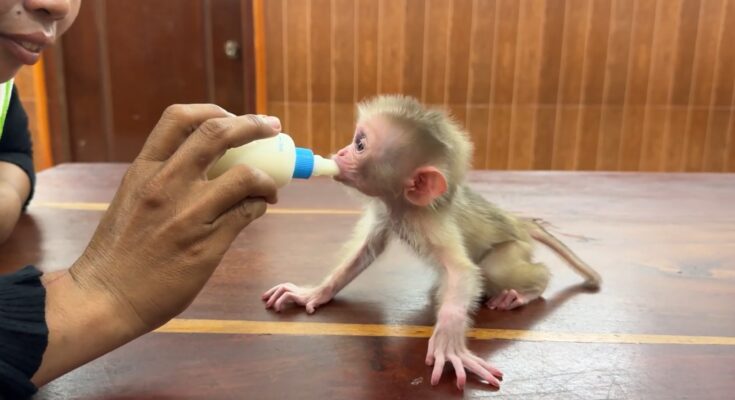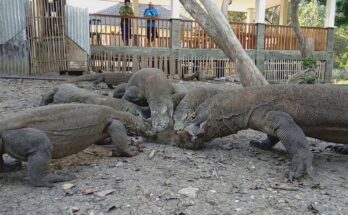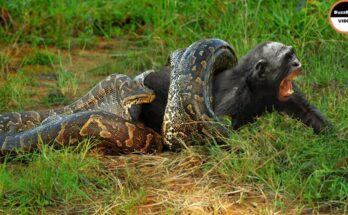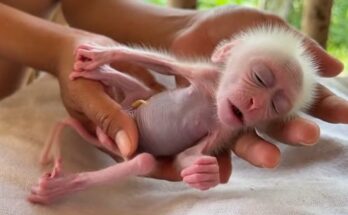Feeding a baby monkey might seem like a compassionate act, but it comes with serious ethical, health, and survival concerns. Whether in the wild or captivity, baby monkeys require specialized care and nutrition to thrive. Understanding their needs is crucial before considering feeding them.
1. The Natural Diet of Baby Monkeys
Baby monkeys rely on their mother’s milk for the first few months of life. As they grow, they begin eating fruits, leaves, flowers, and insects, depending on their species. A well-balanced diet is essential for their development.
2. Why Feeding Baby Monkeys Can Be Harmful
- Nutritional Imbalance: Human food or cow’s milk does not provide the nutrients necessary for baby monkeys, leading to digestive and developmental issues.
- Dependency on Humans: Feeding wild monkeys can make them reliant on people, reducing their ability to find food and survive independently.
- Health Risks: Monkeys can carry diseases that may spread to humans, and vice versa, posing serious health threats.
3. What to Do If You Find an Orphaned Baby Monkey
If you encounter a baby monkey without its mother, the best approach is to contact a wildlife rehabilitation center or a veterinarian who specializes in primates. If immediate feeding is necessary:
- Use a specialized primate milk formula (never cow’s milk, as it can cause severe digestive issues).
- Provide hydration using clean, warm water if the monkey appears weak.
- Avoid human interaction as much as possible to ensure it can be reintegrated into the wild.
4. Legal and Ethical Considerations
Many countries prohibit keeping monkeys as pets. Wild monkeys belong in their natural habitats, and feeding them inappropriately can disrupt ecosystems. The best way to help is by supporting conservation efforts and educating others on responsible wildlife care.
Conclusion
Feeding a baby monkey should be done only as a last resort under expert guidance. Their dietary needs are complex, and improper care can harm their health and long-term survival. Instead of feeding, contacting professionals and supporting conservation efforts is the best way to ensure their well-being.



